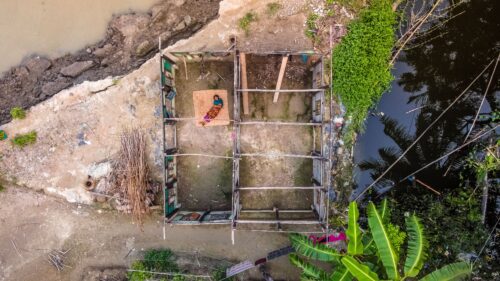Power, Privilege & the Realities of NGO Localization Efforts Amid COVID-19
Localization is a fashionable topic in the humanitarian community. The COVID-19 pandemic—where containment measures continue to disrupt humanitarian access—has ignited…
Localization is a fashionable topic in the humanitarian community. The COVID-19 pandemic—where containment measures continue to disrupt humanitarian access—has ignited…

The concept of “localization” is not new. For over two decades, initiatives have called for localizing aid (through funding, partnerships,…

While it is still unknown how COVID-19 will ultimately change the development and humanitarian aid sectors, the current crisis has…
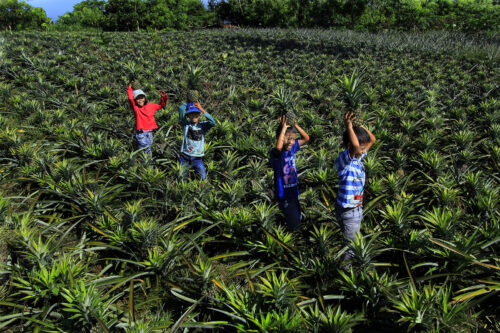
In humanitarian organizations, frontline staff are the people most directly responsible for engaging with affected communities. They play a crucial…
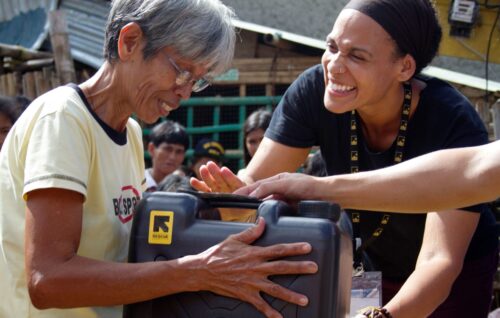
In a world where borders define identities and citizenship is a cornerstone to belonging, the plight of stateless persons presents…
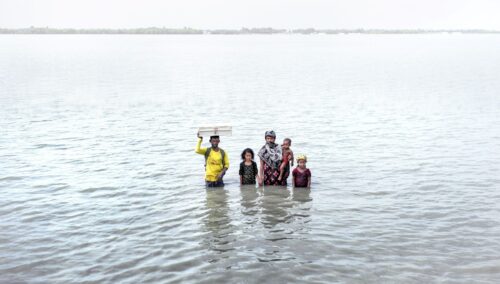
As we mark six months since the second Global Refugee Forum (GRF), held in December 2023, InterAction and International Council for Voluntary Agencies (ICVA) members are collaborating on a blog series to reflect on the GRF, focus attention on commitments, and strengthen transparency on progress since the first GRF in 2019.

On June 26 and 27, over 240 leaders and innovators in the global development and humanitarian community gathered for InterAction’s flagship annual event, Forum, at Convene in downtown Washington, D.C. Headlined by speakers from Congress and the Administration, and complemented by panel discussions and interactive sessions from over 30 organizations, the event sparked broad discussion and debate on a variety of issues—from localization and sanctions, to artificial intelligence and current global crises.
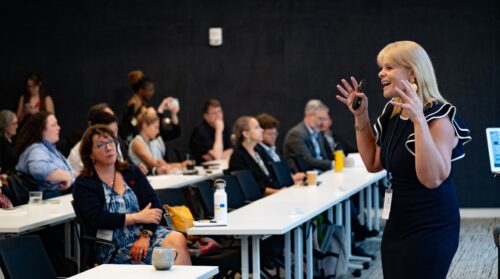
As Congress and the U.S. government continue to invest billions in development and humanitarian assistance, debates over these programs have…

We are at a pivotal moment in history where challenges and opportunities converge, demanding innovative solutions and inspiring actions. Each…
“Localization is when [local NGOs] implement interventions and access funding at the same pace as [international NGOs]. It is…
